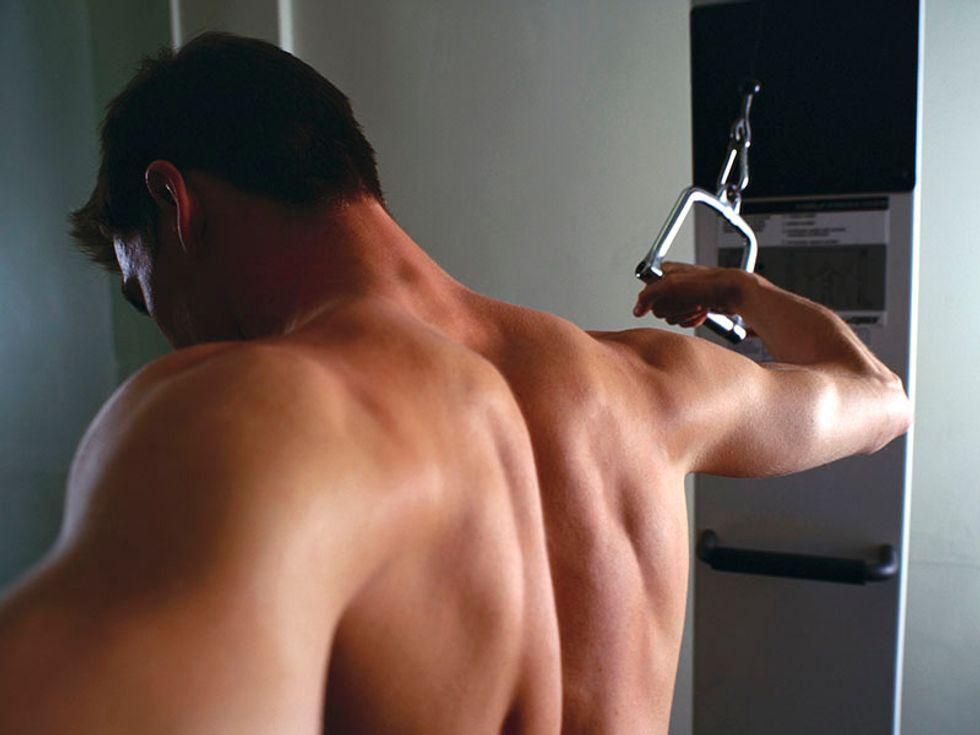
Poor quality sleep can shave years off your life, and these effects may be magnified if you don’t get enough physical activity.
That’s the bad news. The good news is that getting more exercise may help counter some of the health risks known to accompany poor quality sleep, new research shows.
Folks who scored low in both sleep and exercise categories were 57% more likely to die from heart disease, stroke and cancer over more than a decade of follow-up when compared with those who reported getting better sleep and more exercise.
“Physical inactivity seems to amplify the health risks of poor sleep patterns in a synergistic way,” said study co-author Emmanuel Stamatakis.
“The mortality risk from physical inactivity and poor sleep combined is larger than the sum of the separate risks of poor sleep and physical inactivity,” added Stamatakis, a professor of physical activity, lifestyle and population health at the University of Sydney in Australia.
But getting at least 150 minutes of moderate or 75 minutes of vigorous exercise each week seems to dampen these effects, he said.
The study wasn’t designed to say how, or even if, poor sleep and lack of exercise work together, but researchers do have their theories.
Many sleep problems, such as short sleep or insomnia, cause hormonal and metabolic dysfunction and inflammation, and stimulate the sympathetic nervous system, Stamatakis explained. When the sympathetic nervous system is activated, it triggers the release of stress hormones that can increase heart rate and blood pressure, which can raise your risk for heart disease over time.
Physical activity works on the same pathways but in the opposite direction, Stamatakis said. “A possible explanation is that regular activity helps neutralize some of these consequences of poor sleep,” he noted.
For the study, the researchers analyzed information from more than 380,000 middle-aged men and women who took part in the large-scale U.K. Biobank study.
People were given a sleep score of 0 to 5 based on several factors, including whether they typically got seven to eight hours of sleep a night, had insomnia regularly, snored, felt tired during the day, or were a “night owl” or “morning lark.”
The sleep score was combined with a high, medium or low physical activity score, and people were categorized based on different combinations of sleep and exercise scores.
The lower the sleep score, the higher the risks of death from any cause during the 11-year follow-up. Exercise, however, blunted some of these effects.
“For someone who moves very little in general, I would advise them to introduce small amounts of physical activity of about 10-15 minutes per day that can comfortably fit into their daily routine and work towards 25-30 minutes per day over time,” Stamatakis said.
There will be spillover benefits on your sleep, too. “Physical activity improves sleep quality so they will enjoy the direct benefits of physical activity/exercise and may receive some help with their sleep problems,” Stamatakis said.
The study had its share of limitations. Folks only provided information on their sleep and physical activity at one point in time so researchers can’t know whether these habits changed with time.
The findings appear in the June 29 issue of the British Journal of Sports Medicine.
“If you are having trouble sleeping, but still manage to exercise regularly, you are in a better place than someone who is not exercising and having sleep problems,” said Dr. Martha Gulati, editor-in-chief of CardioSmart.org, the American College of Cardiology’s educational site for patients.
“This is the first study I have seen that looked at how sleep and exercise interact,” said Gulati, who has no ties to the new research. “There appears to be a synergy between the two, but more research is needed to tease out exactly how sleep and exercise work together to affect health.”
If you are not sleeping enough, you may be too tired to exercise, she said. It’s also possible that an underlying medical condition may be affecting your sleep.
More information
Learn more about how much exercise you should get to stay healthy at the U.S. Department of Health and Human Services.
SOURCES: Emmanuel Stamatakis, PhD, professor, physical activity, lifestyle, and population health, University of Sydney, Australia; Martha Gulati, MD, editor-in-chief, CardioSmart.org; British Journal of Sports Medicine, June 29, 2021
Source: HealthDay

Leave a Reply